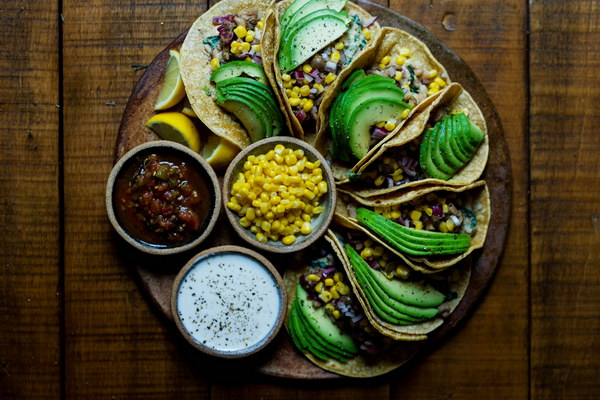Unlock the Fat-Burning Secret A Nutritional Guide to Reducing Visceral Fat
Introduction:
Visceral fat, often referred to as the dangerous belly fat, is the fat that accumulates around the internal organs in the abdominal cavity. Unlike subcutaneous fat, which is stored just beneath the skin, visceral fat is more harmful to health and can lead to various diseases, including type 2 diabetes, heart disease, and metabolic syndrome. The good news is that you can reduce this harmful fat through a combination of dietary changes and physical activity. In this article, we will explore the best nutritional strategies to help you reduce visceral fat and improve your overall health.
1. High-Protein Diet:
Protein is an essential nutrient that helps in muscle growth and repair, and it also plays a significant role in weight management. By incorporating high-protein foods into your diet, you can reduce visceral fat more effectively. Foods rich in protein include lean meats, fish, eggs, dairy products, legumes, and nuts. Aim for at least 1.6 grams of protein per kilogram of body weight daily.
2. Whole Grains:
Whole grains are rich in fiber, which can help you feel full for longer and reduce the risk of visceral fat accumulation. Foods like whole wheat bread, brown rice, oatmeal, and quinoa are excellent sources of fiber. Aim for at least three servings of whole grains per day.
3. Healthy Fats:
Healthy fats, such as monounsaturated and polyunsaturated fats, can help reduce visceral fat and improve heart health. Foods rich in healthy fats include avocados, nuts, seeds, olive oil, and fatty fish like salmon and mackerel. Incorporate these foods into your diet to help reduce visceral fat.
4. Low-Glycemic Index Foods:
Low-glycemic index (GI) foods release sugar slowly into your bloodstream, which can help regulate your blood sugar levels and reduce visceral fat. Foods with a low GI include vegetables, whole grains, legumes, and most fruits. Avoid high-GI foods like white bread, pasta, and sugary snacks.
5. Fermented Foods:

Fermented foods contain probiotics, which are beneficial bacteria that can help improve gut health and reduce visceral fat. Foods like yogurt, kefir, sauerkraut, and kimchi are excellent sources of probiotics. Aim to consume fermented foods daily.
6. Green Tea:
Green tea contains a compound called epigallocatechin gallate (EGCG), which has been shown to reduce visceral fat. Drinking green tea regularly can help boost your metabolism and reduce the accumulation of harmful belly fat. Aim for at least three cups of green tea per day.
7. Hydration:
Staying hydrated is crucial for overall health and can help reduce visceral fat. Water can help flush out toxins and improve digestion. Aim to drink at least 8 glasses of water per day.
8. Regular Physical Activity:
While dietary changes are essential, regular physical activity is also crucial for reducing visceral fat. Engage in a combination of aerobic exercises, strength training, and flexibility exercises to help burn fat and build muscle. Aim for at least 150 minutes of moderate aerobic activity or 75 minutes of vigorous aerobic activity per week, along with two days of strength training.
Conclusion:
Reducing visceral fat is crucial for improving your overall health. By incorporating the above nutritional strategies into your diet and maintaining an active lifestyle, you can effectively reduce harmful belly fat and live a healthier life. Remember, it's essential to be consistent with your dietary changes and physical activity to achieve lasting results.









